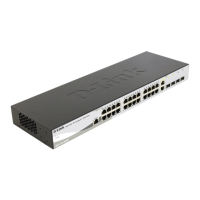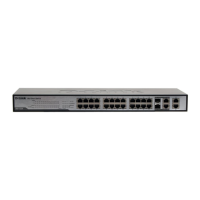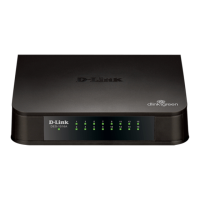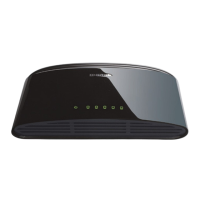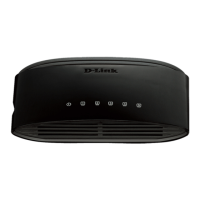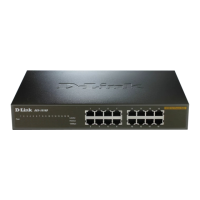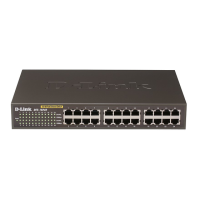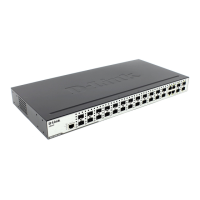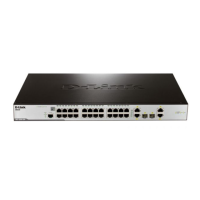create syslog host <index 1-4> ipaddress [<ipaddr> |
<ipv6addr>] {severity [informational | warning | all] | facility
[local0 | local1| local2 | local3 | local4 | local5 | local6 | local7] |
state [enable | disable] | udp_port [514 | <udp_port_number
6000-65535>]}
all − Specifies that the command is to be applied to all hosts.
<index 1-4> − The syslog host index id. There are four available
indices, numbered 1 to 4.
ipaddress [<ipaddr> | <ipv6addr>] − The IPv4 or IPv6 address of the
remote host to which syslog messages are to be sent.
severity − The message severity level indicator. These are
described in the table below (Bold font indicates that the
corresponding severity level is currently supported on the Switch):
Numerical Severity
Code
0 Emergency: system is unusable
1 Alert: action must be taken immediately
2 Critical: critical conditions
3 Error: error conditions
4 Warning: warning conditions
5 Notice: normal but significant condition
6 Informational: informational messages
7 Debug: debug-level messages
informational − Specifies that informational messages are to be sent
to the remote host. This corresponds to number 6 from the list
above.
warning − Specifies that warning messages are to be sent to the
remote host. This corresponds to number 4 from the list above.
all − Specifies that all message are to be sent to the remote host.
facility − Some of the operating system daemons and processes
have been assigned Facility values. Processes and daemons that
have not been explicitly assigned a Facility may use any of the ‘local
use’ facilities or they may use the ‘user-level’ Facility. Those
Facilities that have been designated are shown in the table below
(Bold font indicates the facility values that the Switch currently
supports):
Numerical Facility
Code
0 kernel messages
1 user-level messages
2 mail system
3 system daemons
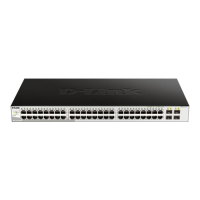
